




The wipeout of the largest mammals is a global phenomenon that we see across many regions.

The wipeout of the largest mammals is a global phenomenon that we see across many regions.



It describes the fluxible #rstats package, a toolbox to process and quality check #ecosystem #gasfluxes in a reproducible and automated way.
@unibergen.bsky.social @btwnthefjords-uib.bsky.social @bjerknes.uib.no @li-corenv.bsky.social @methodsinecoevol.bsky.social
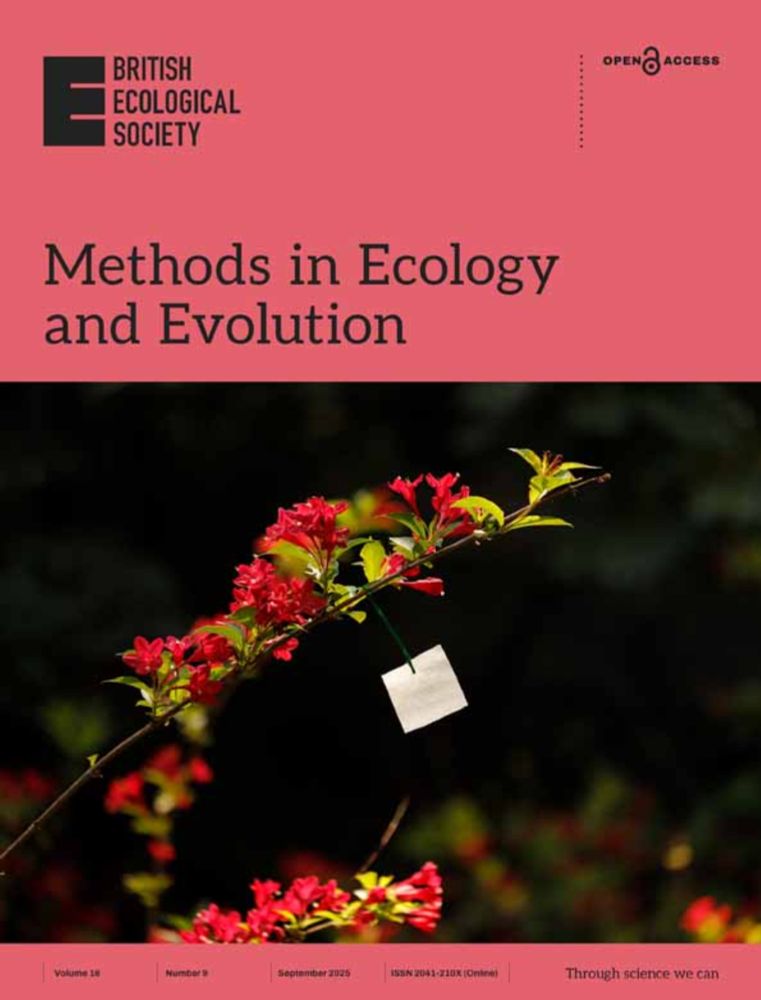
It describes the fluxible #rstats package, a toolbox to process and quality check #ecosystem #gasfluxes in a reproducible and automated way.
@unibergen.bsky.social @btwnthefjords-uib.bsky.social @bjerknes.uib.no @li-corenv.bsky.social @methodsinecoevol.bsky.social

Fully funded #PhD position in global change ecology - working in a cross-disciplinary cohort of 8 PhD students studying mountains in transition. 🧪🌐🏔️ @btwnthefjords-uib.bsky.social @cesam-uib.bsky.social
www.jobbnorge.no/en/available...

Fully funded #PhD position in global change ecology - working in a cross-disciplinary cohort of 8 PhD students studying mountains in transition. 🧪🌐🏔️ @btwnthefjords-uib.bsky.social @cesam-uib.bsky.social
www.jobbnorge.no/en/available...
@jappliedecology.bsky.social

@jappliedecology.bsky.social
Restoring coastal wetlands helps reduce risks from sea level rise and hurricanes, restoring urban forests helps reduce risks from extreme heat, etc...
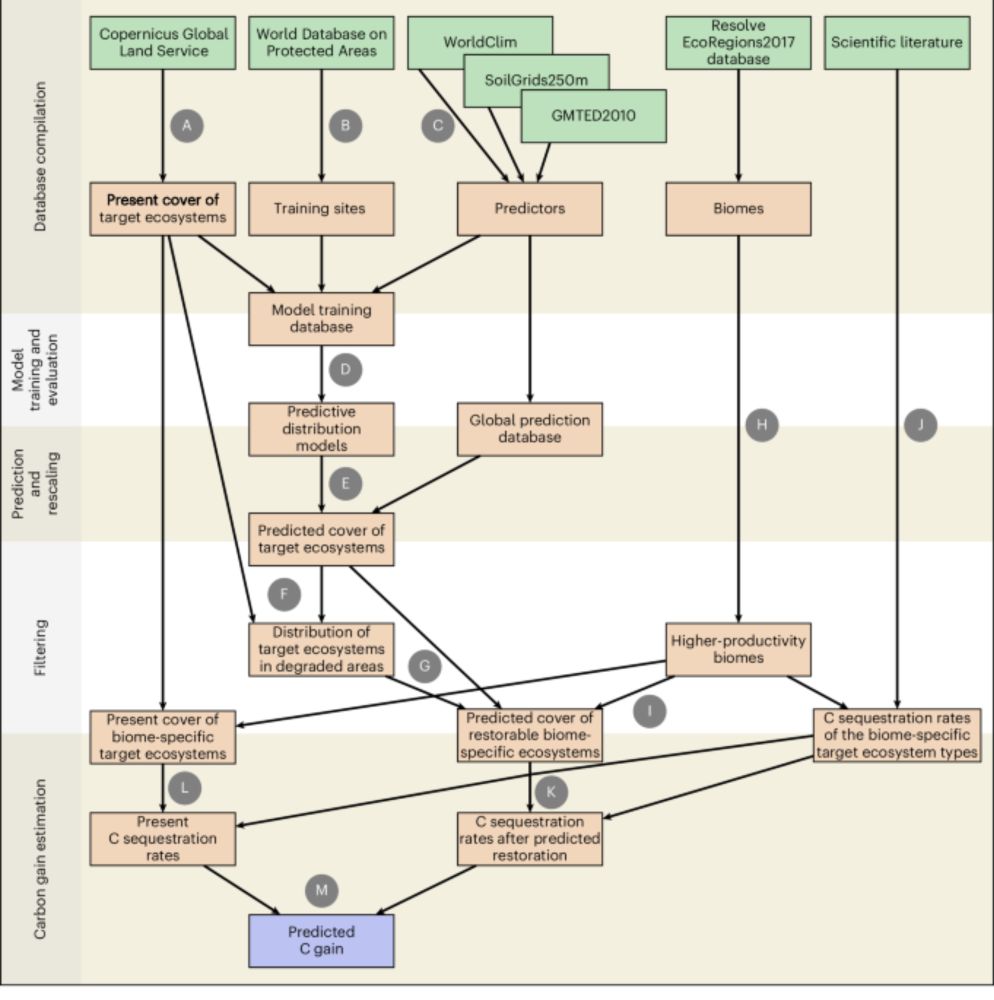
Restoring coastal wetlands helps reduce risks from sea level rise and hurricanes, restoring urban forests helps reduce risks from extreme heat, etc...
The only way out is to eliminate fossil fuels at double speed
... and protect and restore nature for a gazillion other reasons
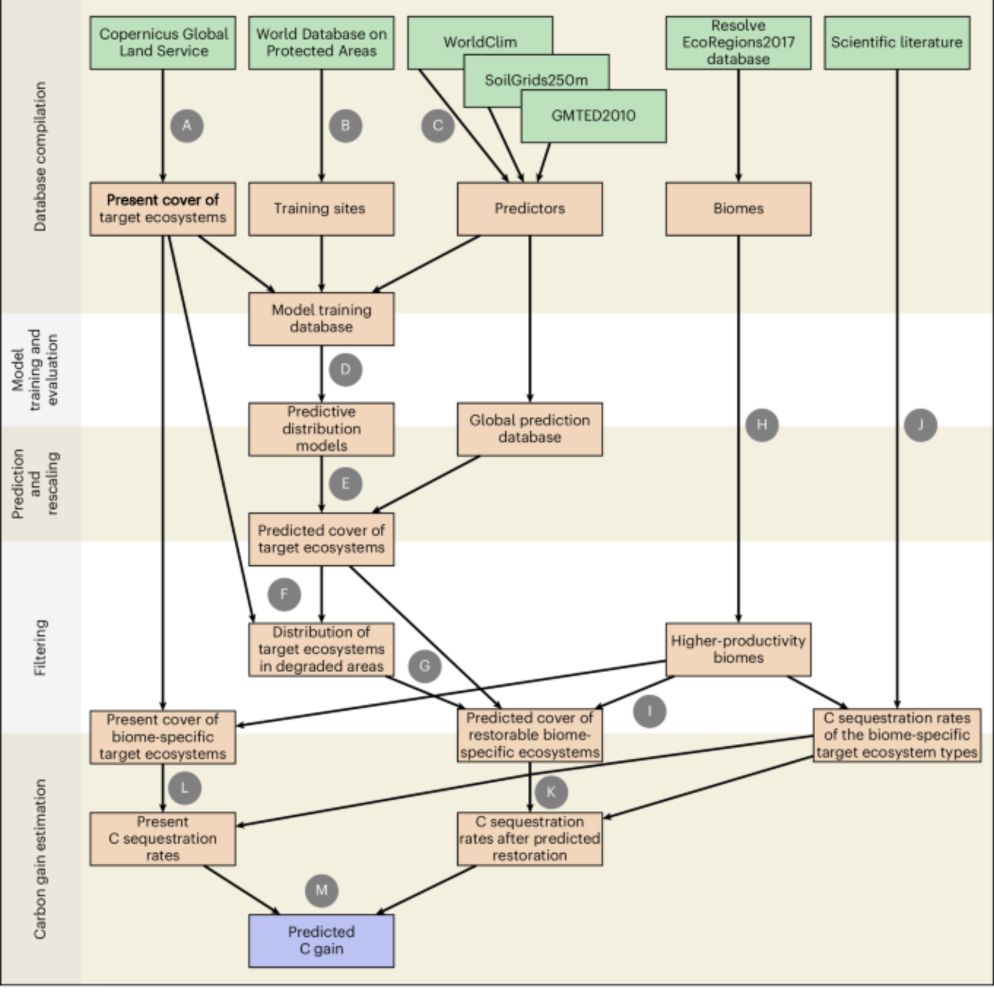
The only way out is to eliminate fossil fuels at double speed
... and protect and restore nature for a gazillion other reasons
How much would our agricultural land use decline if the world adopted a plant-based diet?
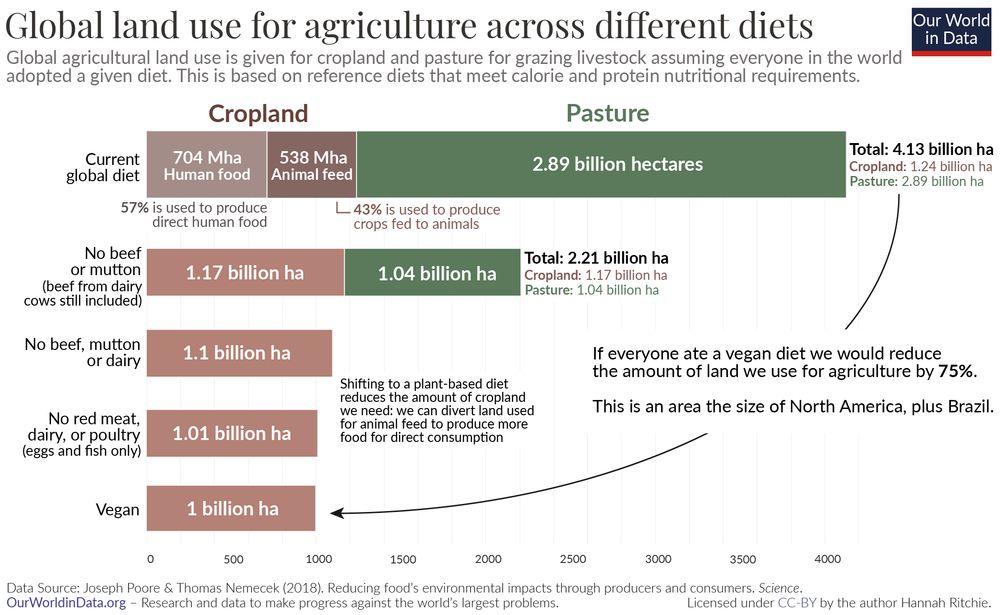
How much would our agricultural land use decline if the world adopted a plant-based diet?
flux_lrc: standardizes CO2 fluxes at fixed PAR values with light response curves
Experimental, feedback more than welcome!
@btwnthefjords-uib.bsky.social @hilaryrosed.bsky.social @jonastrepel.bsky.social @martabaumane.bsky.social #rstats #ecosystemgasfluxes #carbonfluxes
flux_lrc: standardizes CO2 fluxes at fixed PAR values with light response curves
Experimental, feedback more than welcome!
@btwnthefjords-uib.bsky.social @hilaryrosed.bsky.social @jonastrepel.bsky.social @martabaumane.bsky.social #rstats #ecosystemgasfluxes #carbonfluxes
Learn more on #WorldOceansDay: scim.ag/4jFFb8V

Learn more on #WorldOceansDay: scim.ag/4jFFb8V
pages.cms.hu-berlin.de/biogeo/websi...
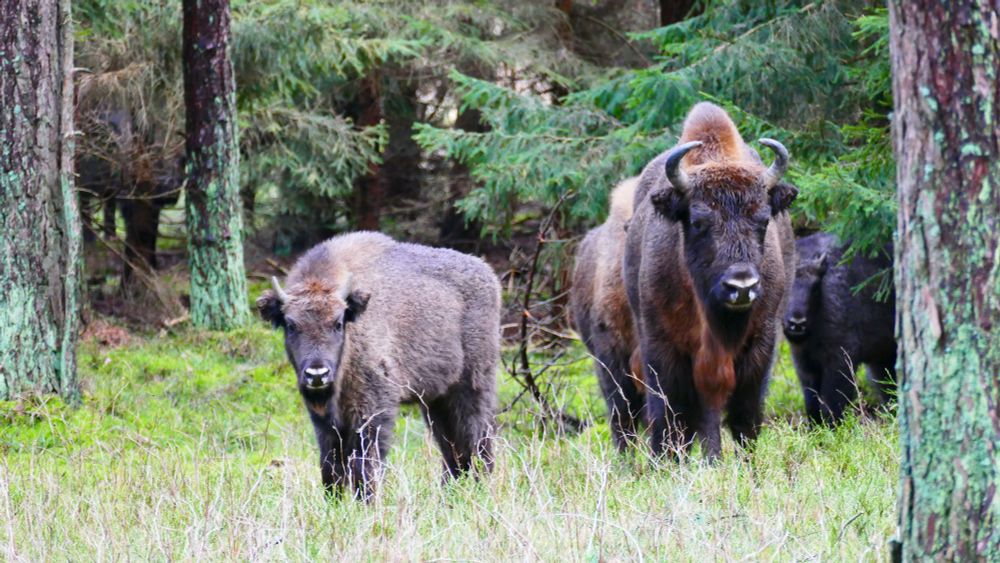
pages.cms.hu-berlin.de/biogeo/websi...
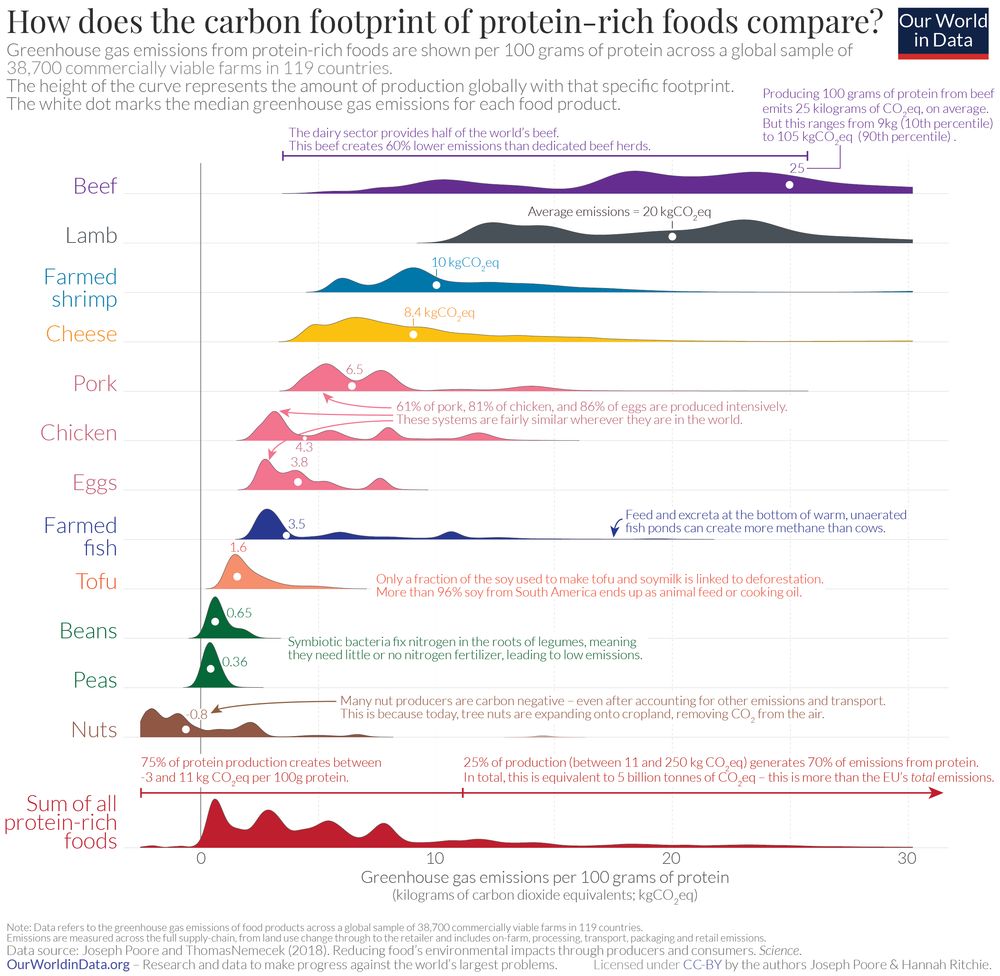
It imports raw files from LI-COR gas analyzers and turns them into a #fluxible friendly dataframe
#rstats @li-corenv.bsky.social
jogaudard.github.io/licoread/
It imports raw files from LI-COR gas analyzers and turns them into a #fluxible friendly dataframe
#rstats @li-corenv.bsky.social
jogaudard.github.io/licoread/
doi.org/10.1007/s002...

doi.org/10.1007/s002...
Come to my #EGU25 talk!
🗓️2025-04-30
⌚11:50
📍2.95
meetingorganizer.copernicus.org/EGU25/EGU25-...
#rstats #OpenScience
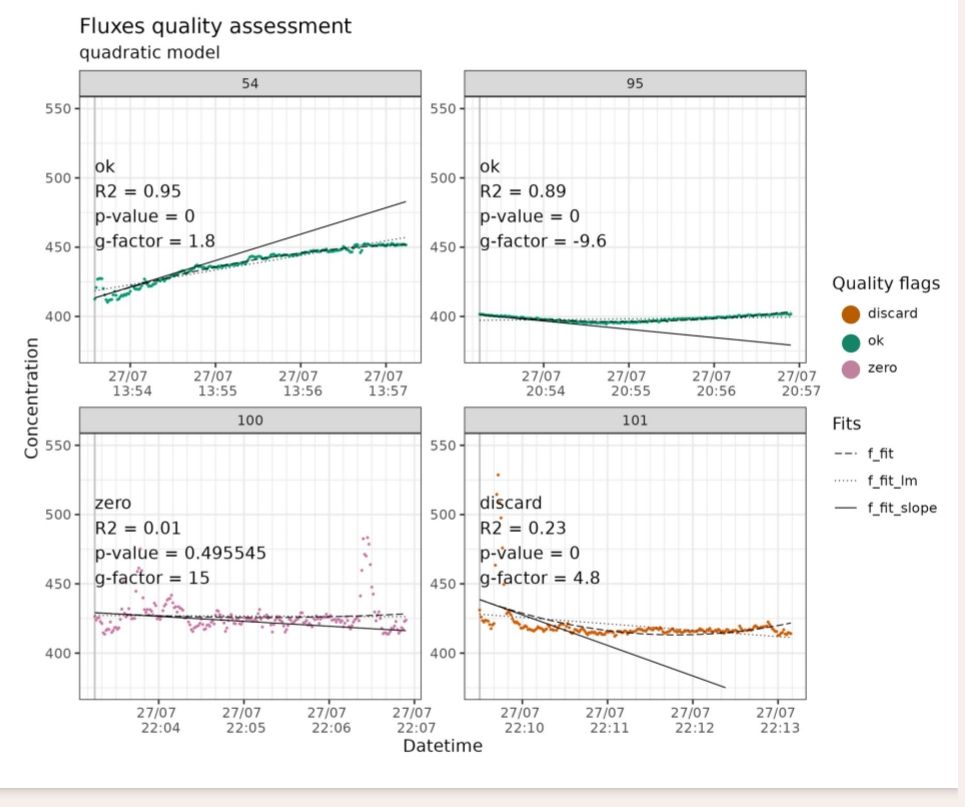
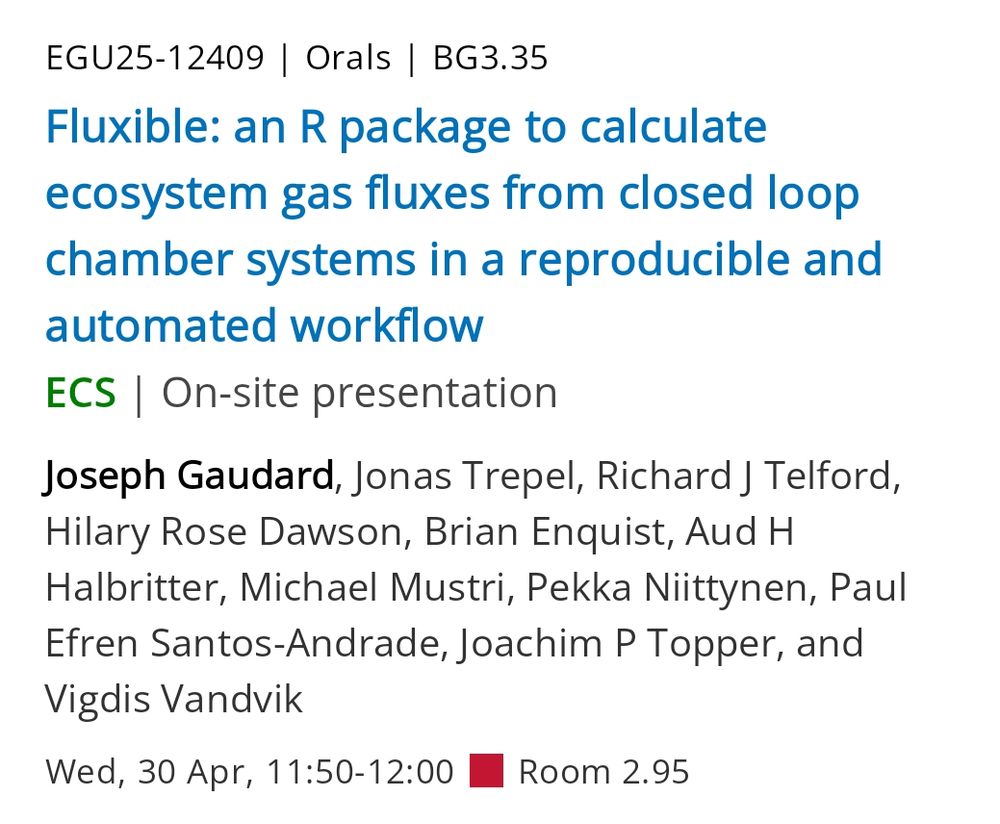
Come to my #EGU25 talk!
🗓️2025-04-30
⌚11:50
📍2.95
meetingorganizer.copernicus.org/EGU25/EGU25-...
#rstats #OpenScience
my.corehr.com/pls/ulivrecr...

my.corehr.com/pls/ulivrecr...
https://go.nature.com/4jGqiUc

https://go.nature.com/4jGqiUc
📄 doi.org/10.1038/s414...

📄 doi.org/10.1038/s414...
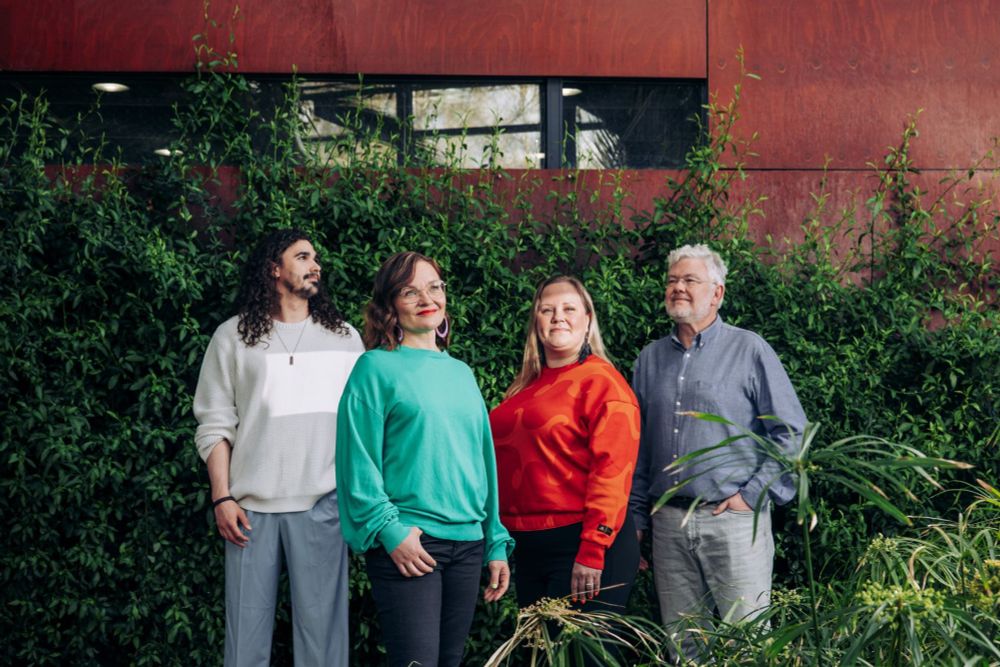
we cannot carry on with traditional conservation & hope that will be enough
We need to start investigating new approaches to maintain functioning ecosystems
Our new paper
besjournals.onlinelibrary.wiley.com/doi/10.1111/...

we cannot carry on with traditional conservation & hope that will be enough
We need to start investigating new approaches to maintain functioning ecosystems
Our new paper
besjournals.onlinelibrary.wiley.com/doi/10.1111/...

We were interested in how macroecological patterns recreated from OBIS data might differ from those seen in the field and across methods -
nsojournals.onlinelibrary.wiley.com/doi/10.1111/...
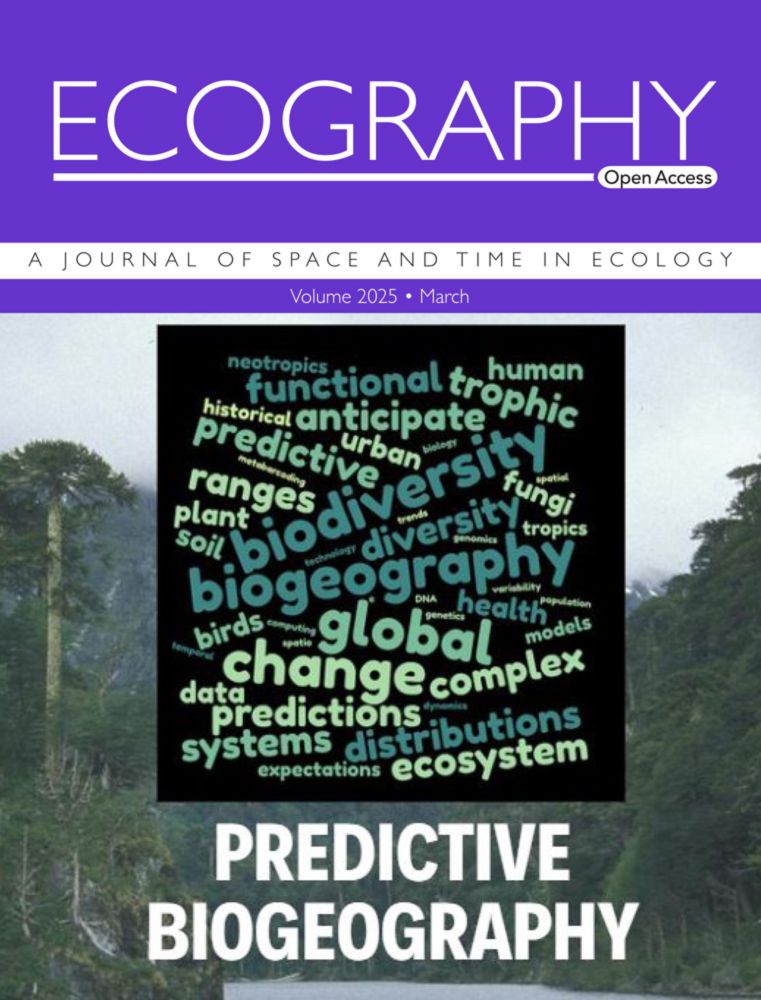
We were interested in how macroecological patterns recreated from OBIS data might differ from those seen in the field and across methods -
nsojournals.onlinelibrary.wiley.com/doi/10.1111/...

